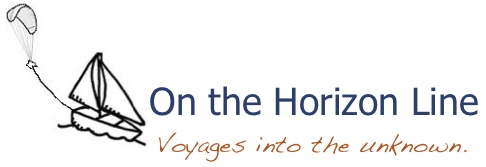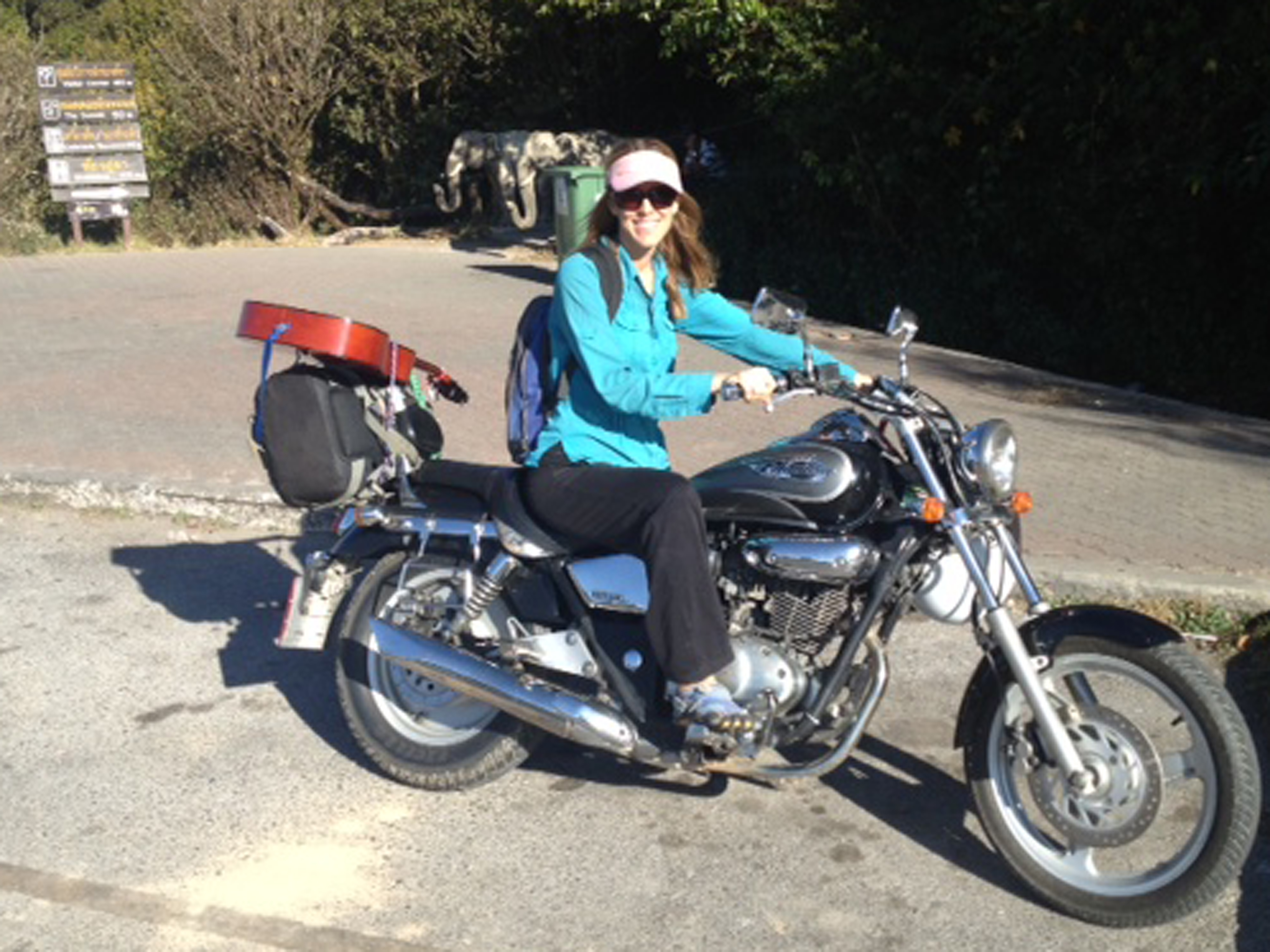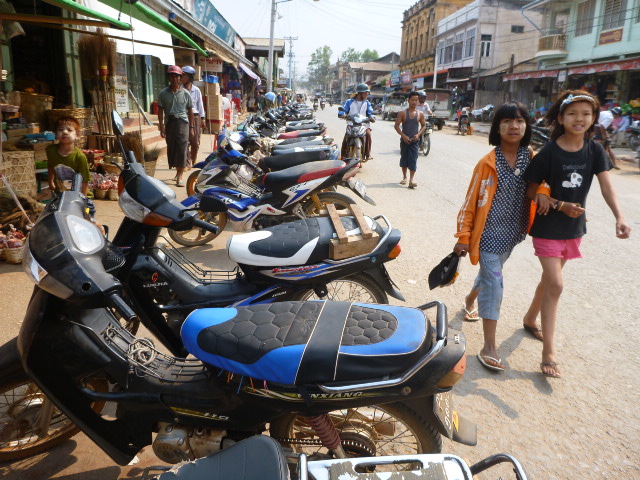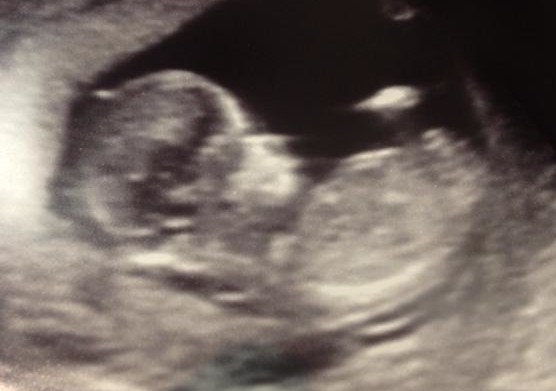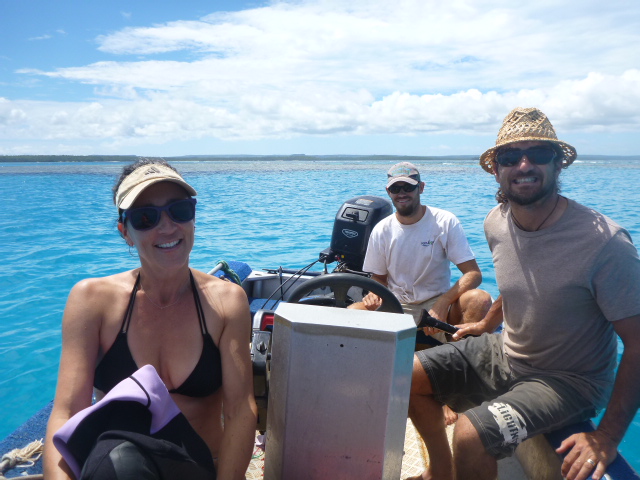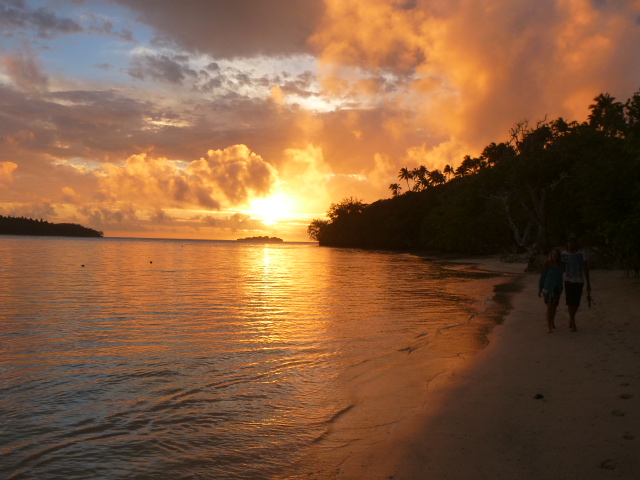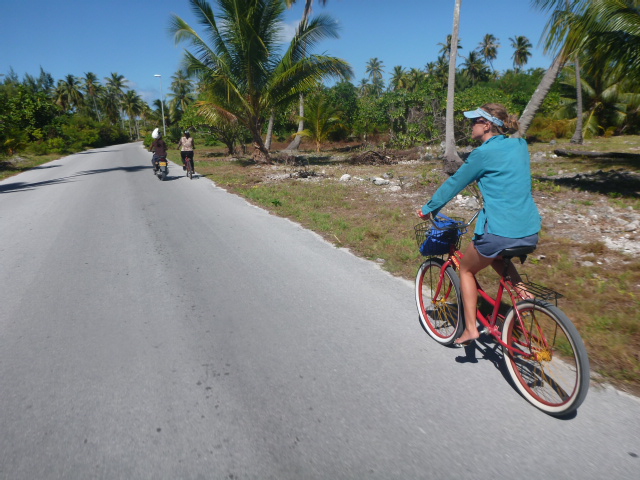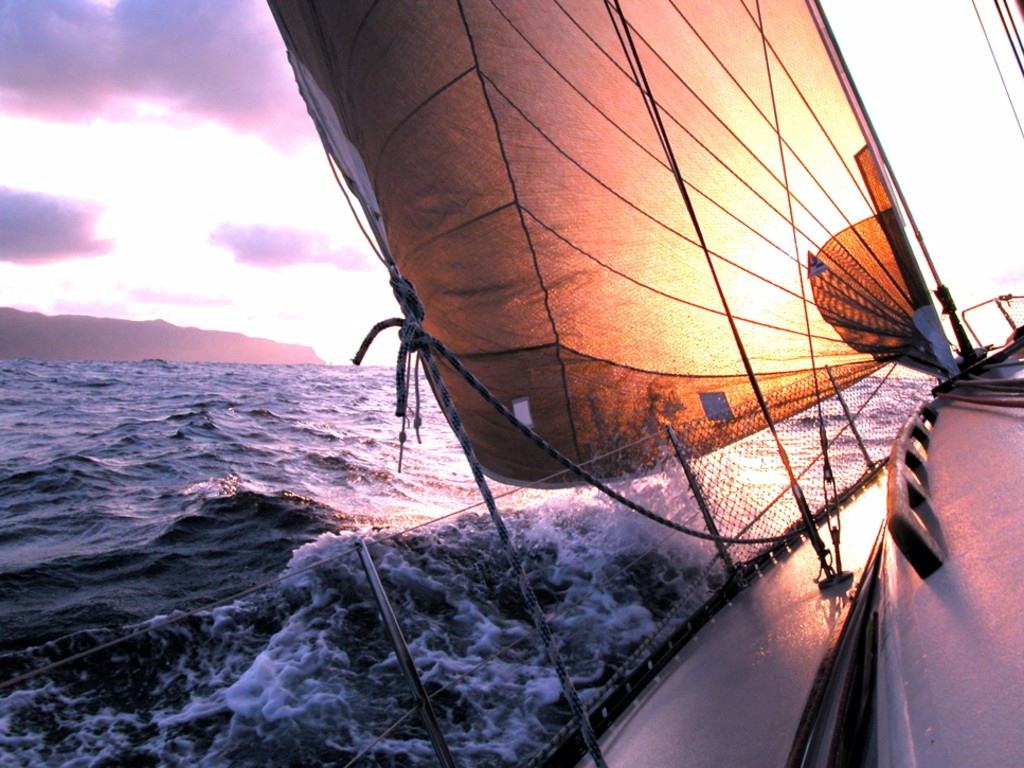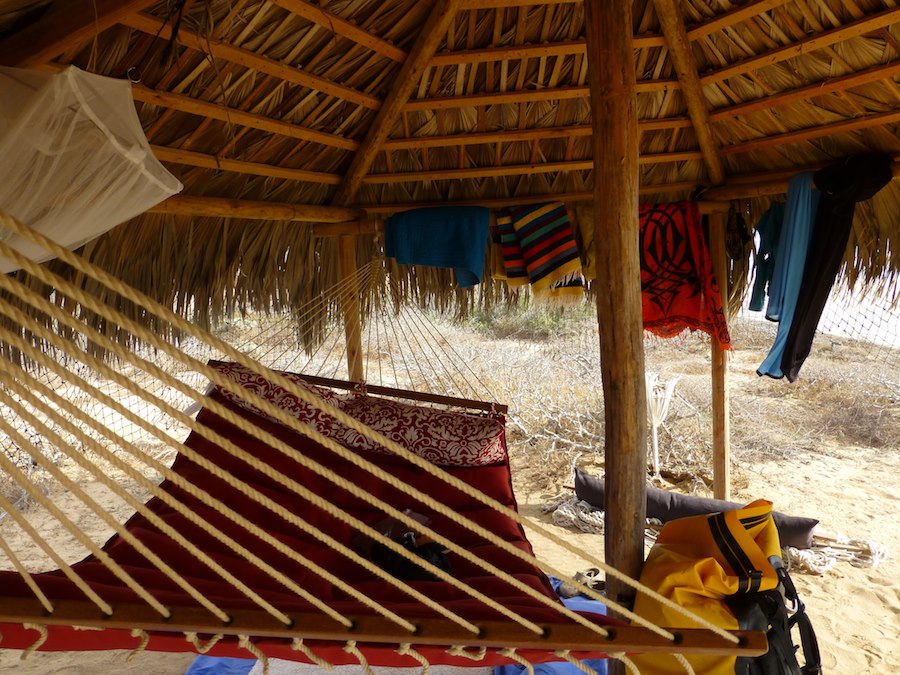Transitions Suck
Yesterday we sent our lack of responsibility up in flames. After almost a month back in Missoula, we awoke too early yet again with our brains swimming in a sea of “should haves” and “need tos”. We seem to be constantly spinning these days, whether its from trying to find a job, trying to move into a new house, trying to figure out how to have a kid, or trying to remember why we left the tropics and returned to a truckload of responsibility.
Transitions suck. They just do. There’s no getting around the fact that changing your life completely is going to be stressful. Or the fact that you’re bound to question the decisions that led you into that stressful situation. Sure, change is exciting, stimulating, and a critical component for personal growth. But it’s also a cause for anxiety, uncertainty and losing sleep.
We’ve been waking up in the middle of the night, starting blindly into the dark, too wired to sleep. Our minds are full to bursting, circling through the hundreds of details required to re-assimilate into the life we left. The days fly by in a rush of searching for used cars, researching how to install vents for the bathroom fan, building a business website, calling old contacts, looking for possessions buried in storage, and on and boringly on. It’s exhausting. It feels like we’re hamsters in a wheel.
The grass is always greener. That’s one of the takeaways from our transition. When we were in Tonga, we thought we wanted the cultural stimulation of Southeast Asia. When we were in Thailand, we craved quiet mountains and remote rivers. When we were constantly on the move, we longed for a place to unpack our bags. Now that we can unpack, we are overwhelmed by the amount of stuff we own. Now that we’re back in the mountains, we miss the sea. It’s confusing, since we’re usually pretty decisive about what we want and why.
It’s just human nature to feel confused after so much change, we tell ourselves. This transition stress was inevitable, we console each other. But it still sucks.
At 6:30am on a snowy Sunday morning (yes, snowing in May in Montana), Rob brought our tea to the couch – the only furniture in our seemingly-vast new living room – and said, “Let’s have a ceremony. We need to break this cycle.”
We talked for an hour about how to summarize and memorialize the last year of our lives. About how to officially let that year go. About how to find a center point after so much mental spinning. About the why behind our transition anxiety. Rob hit the nail on the head: this particular transition is a mourning period for our lack of responsibility.
We’ve been clinging to our glorious, selfish, unfettered, unbounded year of shirking all duty. We’ve been trying to cram that carefree model into “real life” here in Missoula, a place where “should haves” and “need tos” are central tenets of the life we used to live.
So, we burned that selfish and glorious lack of responsibility in the cold, wet Montana morning. And we began redefining the term responsibility as a frame for holding together all that we hold dear: each other, family, friends, creativity, autonomy, flexibility, adventure, a home.
As I started writing this post, it felt like deja vu. I remembered writing about similar transition-angst just before we left. I wrote about the “pinch point” where it feels like too much life is trying to rush through too small a space. That’s how we feel again, 18 months later. We’ll come through it, hopefully soon. This pinch point too shall pass. Thanks to all of the friends and family who have listened to our anxieties and soothed our stress during the transition. With your help – and a little fire ceremony – we will slowly start to center again.
